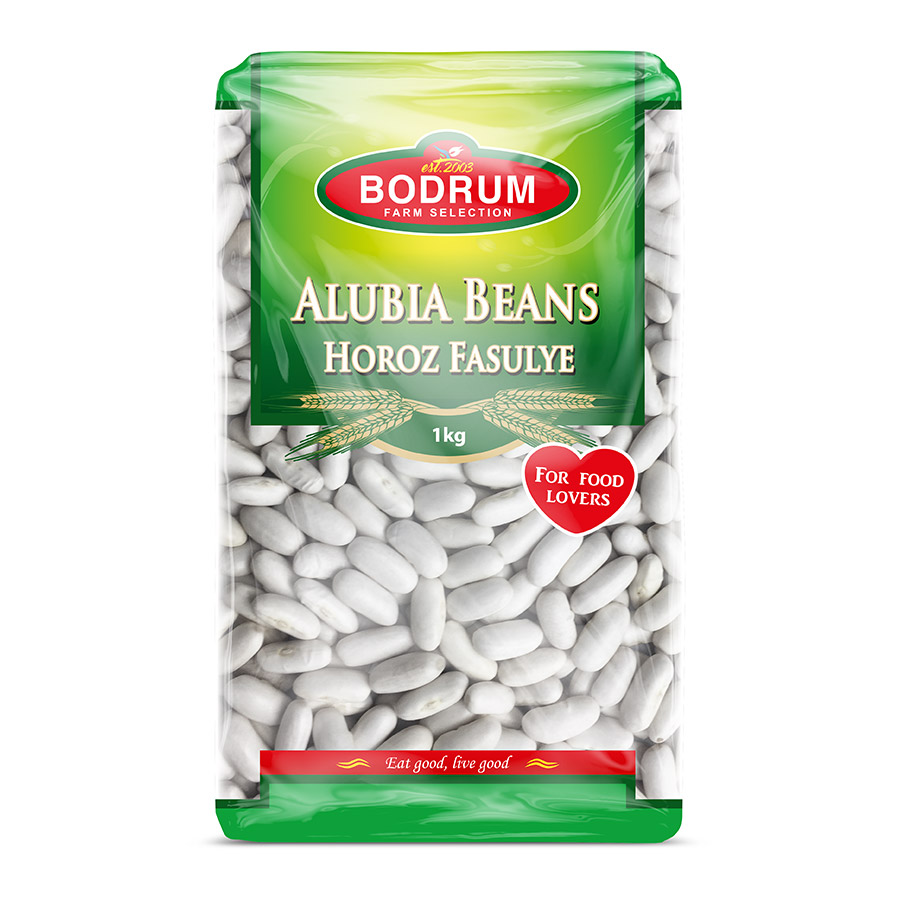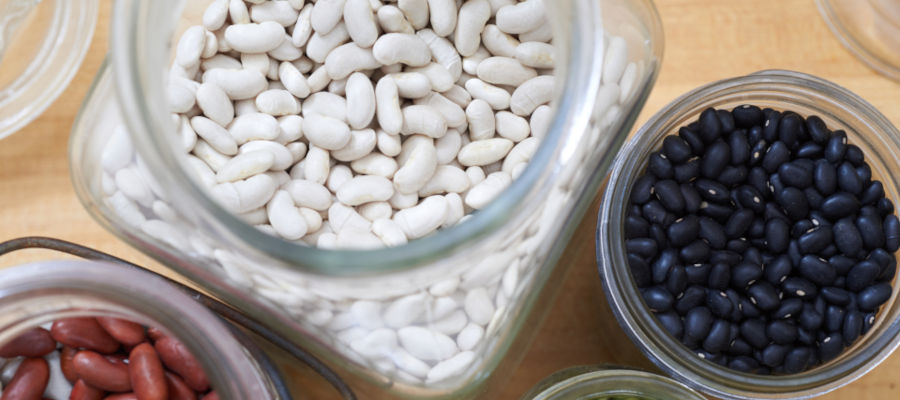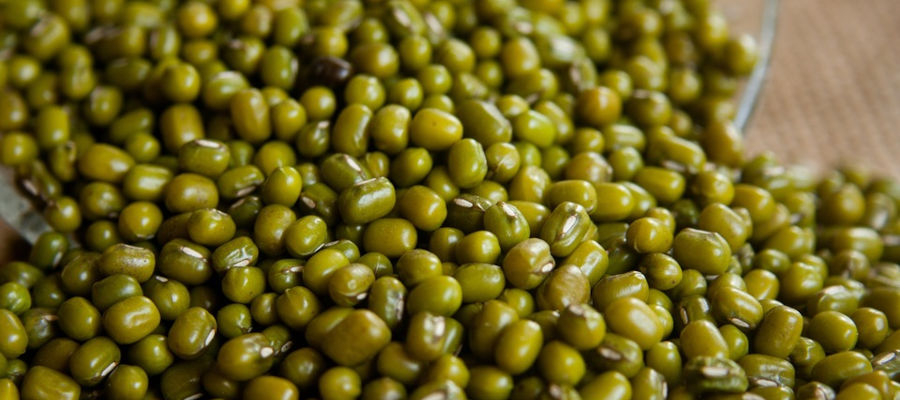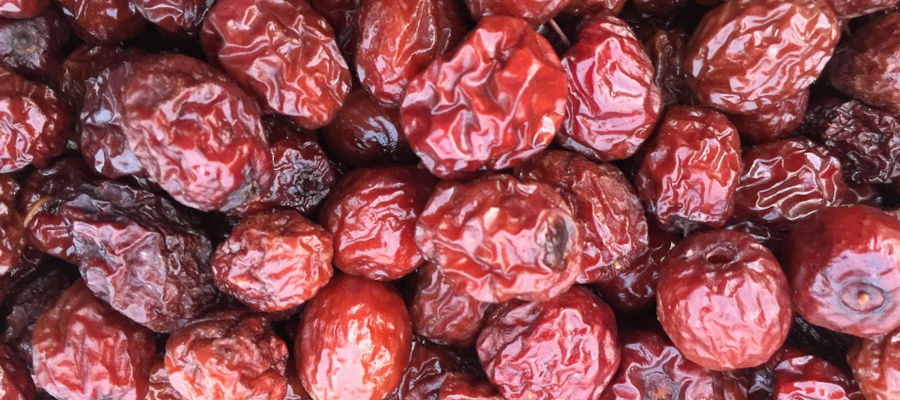There health benefits of eating white kidney beans are incredible. But we'll get to that in a minute. White kidney beans (alubia beans) are a variety of white beans that come from the same family as kidney beans but are slightly larger than their counterparts. This type of white bean is found and used most commonly in locations such as Pakistan and India where they are frequently incorporated into stews, soups, salads and more. They are flavorful enough on their own that they are also commonly enjoyed as a side dish. Those who enjoy the starchy texture of potatoes but do not enjoy all of the empty calories like to substitute the beans for potatoes.
Many people refer to them as Indian beans. This Indian specialty is white and is an excellent source of protein for vegetarians in Indian cuisine. White kidney beans (alubia beans) are particularly popular in the cuisine of Northern India and are used in the preparation of a wide variety of Indian dishes due to their versatility. Indian recipes with White kidney beans (alubia beans) are especially popular with vegetarians. In Punjab, this Indian speciality is an important part of a special menu for certain occasions. In addition, the alubia bean is the bean eaten most in traditional Indian cuisine. Typical Indian dishes with White kidney beans (alubia beans) are very easy to prepare and extremely tasty. In Indian cuisine, they provide a lot of protein and, combined with rice, replace low-calorie meat and other dishes. With this Indian specialty many different Indian dishes are prepared and served as a side dishes, starters, main course,s or even as dessert. White kidney beans (alubia beans) are also used as an ingredient in soups or salads.
What do Alubia beans taste like?
White kidney beans (alubia beans) are known for their smooth, creamy texture that makes them a delightful addition to any food that needs a little more texture. The beans are known to hold their shape perfectly instead of becoming a mushy mess when cooked, even when they are cooked for long periods of time. They can be cooked with just about anything.

Random Alubia Beans
Health benefits of eating white kidney beans
The health benefits of eating white kidney beans are incredible. These beans like other types of beans are rich in fiber, promoting a healthier digestive system. Rich in nutrients, you can help yourself get your recommended daily value of many hard-to-find minerals and vitamins such as folate, which is great for those who are pregnant. Not only are White kidney beans (alubia beans) full of healthy fiber, they are also packed full of protein that can give you a plant-based protein source with plenty of flavor.
An unexpected source of antioxidants, beans are also able to support the health of the immune system and to promote healthier cellular aging by slowing down premature aging both internally and on the skin. Finally, White kidney beans (alubia beans) may also promote heart health by balancing cholesterol.
Uses of White kidney beans (alubia beans)
White kidney beans (alubia beans) are very hard by nature. Therefore they have to be cooked separately before Indian dishes can be prepared with them. Wash the beans and soak them in sufficient water overnight or at least 5 hours. Then put the beans in a pressure cooker or in a closed pot. Add some water and salt and cook the beans on high heat for 10-15 minutes until they are soft. Now the beans are ready to be used to prepare various delicious Indian dishes.
Preparation
White kidney beans (alubia beans) are very hard by nature. Therefore they have to be cooked separately before Indian dishes can be prepared with them. Wash the beans and soak them in sufficient water overnight or at least 5 hours. Then put the beans in a pressure cooker or in a closed pot. Add some water and salt and cook the beans on high heat for 10-15 minutes until they are soft. Now the beans are ready to be used to prepare various delicious Indian dishes. Now that you know more about the health benefits of eating white kidney beans, stay tuned for our next contribution.
What's the Environmental Impact of Alubia Beans?
The environmental impact of Alubia beans can be considered relatively positive compared to other agricultural crops. Here are some factors to consider regarding the environmental impact of Alubia beans:
- Nitrogen Fixation: Like other legumes, Alubia beans have the ability to fix atmospheric nitrogen through a symbiotic relationship with nitrogen-fixing bacteria in their root nodules. This process reduces the need for synthetic nitrogen fertilizers, which can contribute to water pollution and greenhouse gas emissions.
- Soil Health: Alubia beans are known to improve soil health. They have a deep root system that helps improve soil structure, reduce erosion, and increase soil fertility. By adding organic matter and nitrogen to the soil through their decaying leaves and root nodules, Alubia beans contribute to soil health and long-term sustainability.
- Reduced Pesticide Use: Alubia beans are generally less prone to pests and diseases compared to other crops, which can help reduce the need for pesticide application. This can have positive implications for both the environment and human health by minimizing chemical exposure and reducing pesticide residues in soil and water.
- Water Conservation: Alubia beans are often cultivated using rainfed agriculture, which relies on natural rainfall rather than irrigation. This can help conserve water resources by reducing the demand for irrigation water, which is particularly relevant in regions prone to water scarcity.
- Biodiversity: Alubia beans can contribute to biodiversity conservation. They provide habitat and food sources for various beneficial insects, birds, and other wildlife. Additionally, by promoting crop rotation and diversification in farming systems, Alubia beans can enhance overall agroecosystem resilience and support biodiversity.
While Alubia beans have positive environmental attributes, it's important to note that the overall environmental impact can vary depending on factors such as farming practices, land management techniques, and transportation. Sustainable farming methods, such as organic practices, integrated pest management, and soil conservation, can further enhance the environmental benefits of Alubia bean cultivation.By considering and implementing environmentally-friendly practices, the production of Alubia beans can contribute to a more sustainable agricultural system with reduced environmental impacts.

TRS Alubia Beans
How many calories are in alubia beans?
The calorie content of Alubia beans can vary slightly depending on factors such as the cooking method and any added ingredients. On average, a 100-gram serving of cooked Alubia beans provides approximately:
- Calories: 140-150 calories
- Protein: 7-9 grams
- Carbohydrates: 25-30 grams
- Fat: 0.5-1 gram
- Fiber: 6-8 grams
It's worth noting that the calorie content may vary slightly based on the specific variety of Alubia beans and the preparation method. It's always a good idea to refer to the nutrition information on specific packaging or consult a reliable nutrition database for precise details on the calorie content of Alubia beans.


